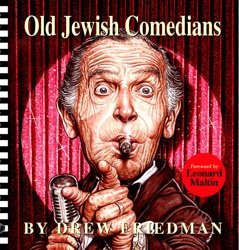| By Mayank Austen Soofi on Books
Ashok Banker, the acclaimed Indian writer of the internationally best-selling six-volume Ramayana series, recently penned a glowing review of author Vikram Chandra's Sacred Games, a recently-released realistic novel on Bombay gangsters.
Sacred Games, the much-hyped first edition hardbound is 900 pages long and Mr Banker has inevitably compared it with another thick Indian epic belonging to another Vikram - A Suitable Boy by Vikram Seth - a book which he describes as 'a one-volume novel' that 'taxed readers' wrists and sprained brains with its staggering 1359-page bulk'.
The somewhat harsh opinions that Mr Banker expressed for A Suitable Boy in his review have left me agitated and outraged. It is amazing that the same book could leave such different impressions on different readers.
My Suitable Boy
Mr Banker mentioned tackling the novel in short bursts of about 300-400 pages at a time. To him, Vikram Seth's magnum opus 'smelled like the work of an eloquent young Adonis madly in love with his own powdered-and-perfumed self and obsessed with a British hangover'.
But my experience was entirely of a different kind. When I read A Suitable Boy for the first time, which was around five years ago, I found myself captivated by its characters, its setting, its various and richly described themes - mostly Jane Austen-ish but at times Dickensian. I believed that the novel did not leave a scope for any improvement. It seemed perfect.
Yes, the book did tax my wrists, but no, it did not sprain my brain at any passage.
I read the book for the fourth time early this year and did not find any alteration in my opinions. I am still extremely fond of it. Unlike Mr Banker, I am not capable of savoring it in 'short bursts' though.
Perfume and Powder
While I acknowledge that the author of A Suitable Boy had his upbringing in a sophisticated household (his mother was India's first woman Chief Justice), and was educated at exclusive schools, and that the chief families in his novel belonged to the upper class society of post-independent India whose members lived a British-influenced life, I never imagined the book to be too 'perfumed and powdered'.
Literally speaking, perhaps the major characters did regularly perfume and powder themselves after their morning showers, but then they were the privileged English-speaking citizens of a newly-independent country led by an erudite, almost-British statesman called Jawaharlal Nehru, a literature-loving gentleman who had been in love with the obliging wife of Lord Mountbatten, the last British Viceroy of India.
To be sure, the suave and urbane families of Mehras and Chatterjees of A Suitabe Boy do not share any values with the unshaven, unsophisticated, undeodorized goons of Vikram Chandra's modern-day Mumbai, a rackety city presently controlled by corrupt politicians and grim gangsters. True, there is nothing common between the worlds of Vikram Seth and Vikram Chandra. But could the refined world of Mr Seth be simply dismissed as 'perfumed and powdered'? Isn't that world also real? Doesn't that high-brow class of people count in the narrative of a society? Did not both Jane Austen and Charles Dickens belong to the same country? Is Dickens superior while Austen merely perfumed and powdered?
Was Vikram Seth a Suitable Boy?
At one point in his review, Mr Banker suspected the titular character (the suitable boy of A Suitable Boy) to be a thinly veiled alter-ego of Mr Seth himself. Could he be technically wrong in this assumption?
If we understand A Suitable Boy as the character that gets the girl, as the fortunate groom who marries the heroine - Lata Mehra - then it had to be Haresh Khanna, a shoe company executive who eventually ends up as the chosen one.
But still, Mr Banker is partially right. Mr Seth did sketch a character on himself - a suitor named Amit Chatterjee, an England educated poet of Calcutta in love with Lata, who was was politely rejected by her. Hardly a suitable boy (the titular character) then!
Incidentally, the real 'Suitable Boy' - Haresh Khanna - was inspired by Prem Seth, the author's father, while Lata Mehra's character was based on Justice Leila Seth, the author's mother.
The Unkindest Cut
Regrettably, Mr Banker went on to dismiss A Suitable Boy as a romance 'grotesquely transplanted to post-Independent India'.
It was painful to come across such a fiercely disapproving description of a beloved novel. I fear that reading in 'short bursts' did not assist Mr Banker in recognizing the essence of the story - that ordinary people might find flickers of discreet, passionate love during the early part of their young and secret life but finally have to settle with circumstances, due to various reasons often unique to Indian culture, that are quite lustreless.
Romance! This is India - The World of Arranged Marriages
Mr Banker described A Suitable Boy as a romance, even if it was, according to him, presented grotesquely. But there was no romance in the novel. It did not even have a romantic ending, though there were subtle strands of comedy, tragedy, and despair running throughout the thick novel.
Okay, it was true that Lata had a short-lived romantic entanglement with a Muslim boy - Kabir Durrani - but she had to swiftly dissociate herself following her mother's objections. After that, romance fizzled out from Lata's life.
Later, the theme centered on the proceedings of formalities and rituals that are countdowns leading to the conclusion of a traditional Indian arranged marriage. As a matter of fact, Lata never even falls in love with Haresh, the winning suitor. He just came across as the most stable and sensible guy to spend the rest of her life with -- hardly the stuff romances are made of!
A Landmark Novel
Mr Banker also accused Mr Seth of being too sugary and ambitious while writing this epic. These happen to be personal perceptions coming out of a particular reader's instinct and other than expressing disappointment, one cannot argue against it.
Really, my heart insists that A Suitable Boy deservedly belongs to that coveted shelf of books which stocks the kind of selected novels that are said to define the literary milestones of modern Indian literature in English.
I shall re-read it.
  | 













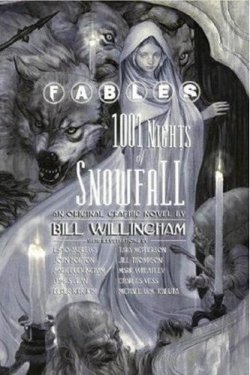 Bill Willingham's Fables is one of the select, wonderful group of long-running graphic novels that I follow religiously. The premise is that all the mythical creatures of our fables have been chased from their homeworlds by the Adversary, a shadowy figure who sends an army of goblin warriors before him to rape and plunder. The Fables have settled on our world, in New York, back in the days when it was New Amsterdam, and they have lived there ever since, hidden in plain sight.
Bill Willingham's Fables is one of the select, wonderful group of long-running graphic novels that I follow religiously. The premise is that all the mythical creatures of our fables have been chased from their homeworlds by the Adversary, a shadowy figure who sends an army of goblin warriors before him to rape and plunder. The Fables have settled on our world, in New York, back in the days when it was New Amsterdam, and they have lived there ever since, hidden in plain sight. 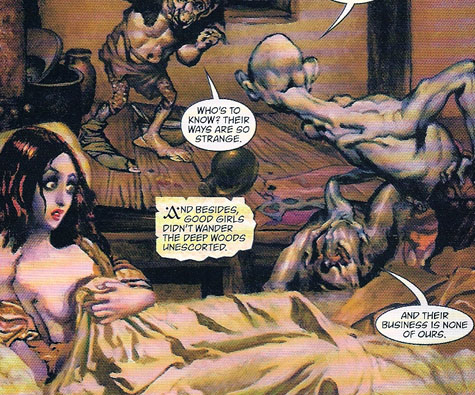



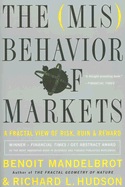

 FreeCulture USC has announced the winners in its
FreeCulture USC has announced the winners in its 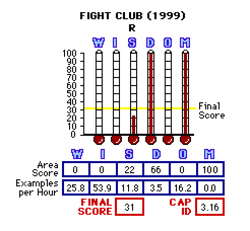
 "Regina Gloriae Naturae,” based on Mark Ryden’s painting 'The Creatrix,' is a limited edition, giclée print with gold foil stamping, letterpressed title and embossed chop on archival cotton rag paper." It's limited to 60 prints and costs $3,000.
"Regina Gloriae Naturae,” based on Mark Ryden’s painting 'The Creatrix,' is a limited edition, giclée print with gold foil stamping, letterpressed title and embossed chop on archival cotton rag paper." It's limited to 60 prints and costs $3,000.  To begin, I’d like to thank my hosts at the
To begin, I’d like to thank my hosts at the 

